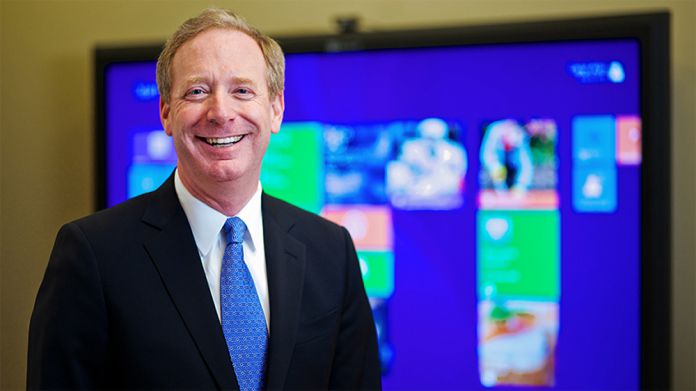In an open letter, Smith says the Microsoft team is currently in New Zealand but did not plan to be visiting under such circumstances. The country has been shocked by a mass shooting that claimed the lives of 50 people in Christchurch. A gunman opened fire in two mosques’ earlier this month in the country’s worst-ever act of terrorism. The perpetrator was able to livestream the event on Facebook without the stream being removed. It was viewed a further 4,000 times and eventually spread across platforms and services. Facebook reacted by removing the video, but the damage has been done and the content is now online. Brad Smith says the time for talking has stopped and tech companies must step up and do more. He says this is especially important for companies that manage social networks or communication services. The private sector working alongside governments is one-way Smith thinks progress should be made. Of course, any meaningful change should start at home, so he detailed changes Microsoft is making: “Across Microsoft, we have reviewed how our various services were used by a relatively small number of individuals to try to spread the video from Christchurch. While our employees and technology tools worked quickly to stop this distribution, we have identified improvements we can make and are moving promptly to implement them.” As mentioned, Facebook has said its detection tools are not good enough to prevent extreme content at initiation. It’s a situation that has led critics to say Facebook Live should be shuttered if it cannot be controlled. Smith says Microsoft has recognized a problem with detection and is taking steps to improve flagging of such content: “This includes the accelerated and broadened implementation of existing technology tools to identify and classify extremist violent content and changes for the process that enables our users to flag such content. We are exploring additional steps we can take as a company and will move quickly to add to these improvements.”
What’s Next?
Smith calls on the tech community to put competition to one side and focus on working together to solve this problem. “Ultimately, we need to develop an industrywide approach that will be principled, comprehensive and effective. The best way to pursue this is to take new and concrete steps quickly in ways that build upon what already exists.” He cites the YouTube, Facebook, Twitter, and Microsoft joint initiative called the Global Internet Forum to Counter Terrorism (GIFCT). The group focuses primarily on data sharing between the four giants, including a commitment to new research, a shared database of terrorist content, and other technological solutions. They will also be assisting smaller companies in implementing similar practices. While GIFCT helped remove over one million examples of the Christchurch video, Smith admits companies must do more. “One of the lessons from New Zealand is that the industry rightly will be judged not only by what it prevented, but by what it failed to stop. And from this perspective, there is clearly much more that needs to be done. As Prime Minister Jacinda Ardern noted last week, gone are the days when tech companies can think of their platforms akin to a postal service without regard to the responsibilities embraced by other content publishers. Even if the law in some countries gives digital platforms an exemption from decency requirements, the public rightly expects tech companies to apply a higher standard.” In his open letter, Brad Smith goes into deeper detail on what he thinks the tech sector can do to improve. It is well worth a read as it highlights some important subjects that affect our lives. You can see the letter on Microsoft’s blog here or at the source below.




